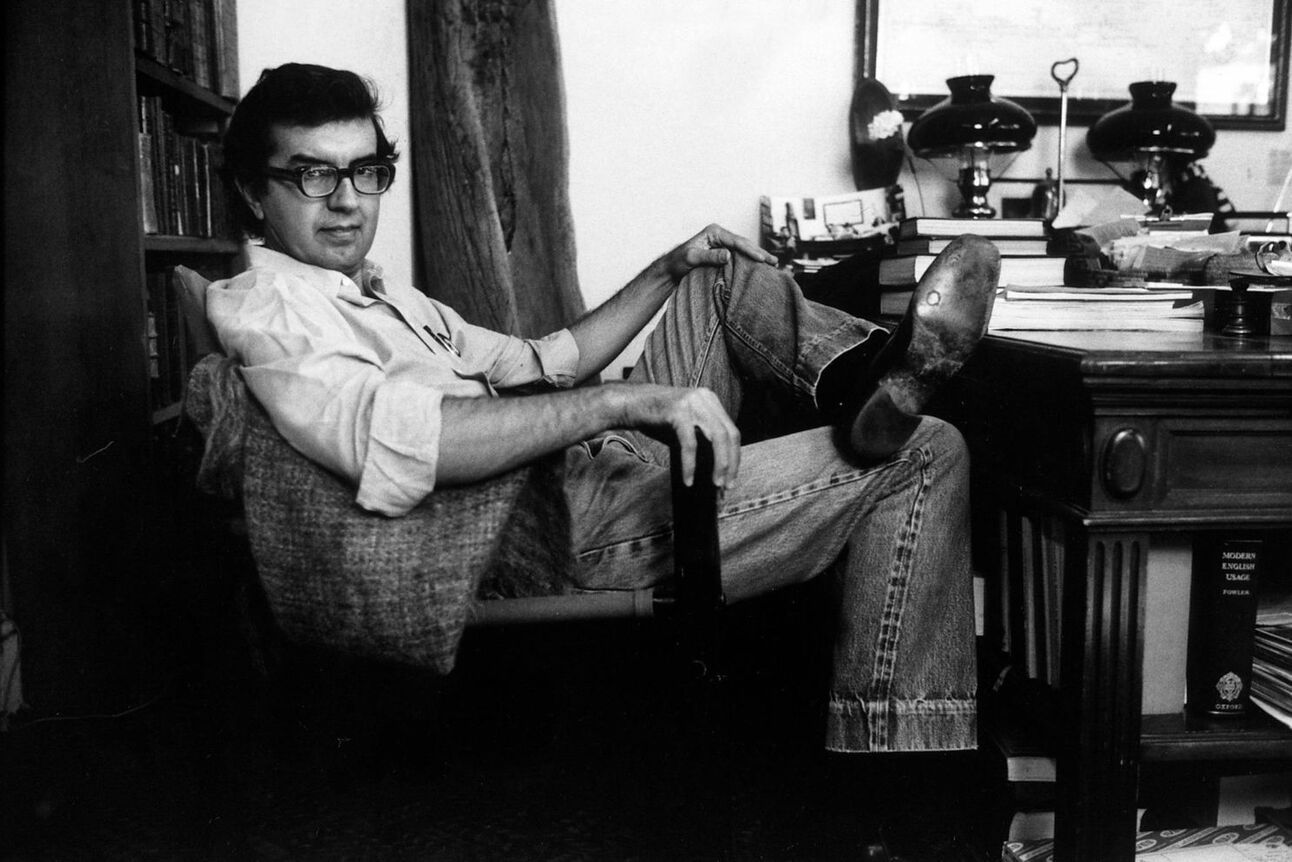- Famous Writing Routines
- Posts
- 📝 Larry McMurtry’s Writing Routine
📝 Larry McMurtry’s Writing Routine
“I will stop in the middle of a sentence in order to avoid exceeding my page limit."
Welcome to Famous Writing Routines, where we explore the daily habits, writing process, and work routines of some of the most renowned authors throughout history.

Larry McMurtry was born in Wichita Falls, Texas, and raised on a cattle ranch in nearby Archer County—a landscape of flat plains and barbed-wire fences that would become the bedrock of his fiction. It was not a place for books. His family didn’t own any. Stories were passed down orally, shared on porches and around dinner tables, the way early cultures preserved history and myth. That oral tradition shaped him. “Before the age of five or six, I lived in an aural culture,” he wrote in Books: A Memoir. “The fact of the bookless ranch house meant that I listened.”
By the time a cousin left behind a box of adventure paperbacks on his way to enlist in World War II, McMurtry was ready. He read them all. He was twelve. That accidental inheritance set off a lifetime obsession. Later, after studying English at North Texas and Rice, and earning a Stegner Fellowship at Stanford, McMurtry would publish Horseman, Pass By—his debut novel—at age twenty-five. The book was turned into Hud, starring Paul Newman. Hollywood came calling early, and never stopped.
Still, he stayed in Texas. Not out of loyalty or nostalgia, but because he was trying to write against it. “People are nostalgic for the Old West, even though it was actually a terrible culture,” he told Texas Monthly in 2010. “Not nice. Exterminated the Indians. Ruined the landscape.” He was a skeptic of myth, especially the cowboy myth. His characters weren’t heroes—they were broken men in broken systems. And yet, his most famous novel, Lonesome Dove, is now revered as a quintessential Western. It sold over four million copies and won the Pulitzer Prize in 1986.
📚 Want to keep reading?
Become a premium member for just $50 USD/year to unlock the rest of this article—plus deep dives into the daily writing habits of Ernest Hemingway, Maya Angelou, Haruki Murakami, Neil Gaiman, and more.